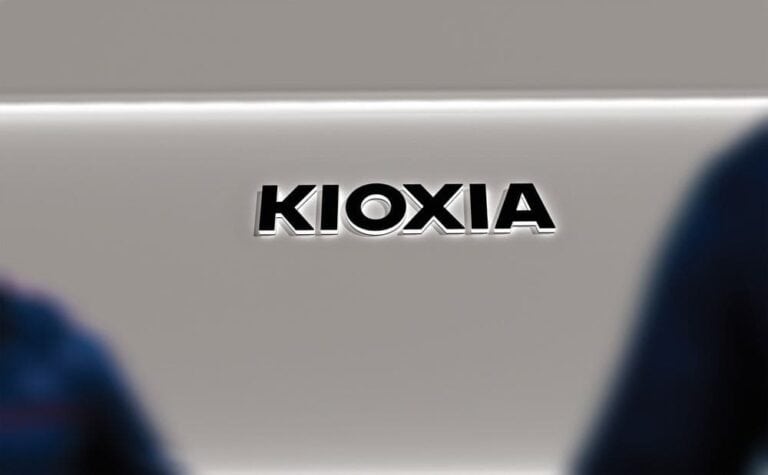Chip manufacturer Kioxia has released an update to its AiSAQ software. This vector search library is designed to give organizations more flexibility with RAG systems. The new version makes it easier to strike a balance between search performance and the number of vectors on SSD storage.
With the new version of AiSAQ, organizations can refine their RAG systems for targeted workloads. Those who want more search performance (queries per second) will have to sacrifice more SSD capacity per vector. Organizations that want to maximize the number of vectors will get less performance in return.
This trade-off used to be set in stone. As a result, not every application could run optimally on the storage used. RAG systems, in which LLMs can take a look at recent or customizable information, can now be better tailored to the specific requirements of different applications.
In short, Retrieval-Augmented Generation (RAG) makes it possible to keep AI models up to date without having to retrain them. This avoids the ongoing sky-high costs of training LLMs or a lack of adaptability, as the models of large AI players are already set in stone.
SSD-based solution for DRAM limitations
Kioxia introduced AiSAQ (All-in-Storage ANNS with Product Quantization) in January in response to the limitations of traditional memory. The platform uses a new ANNS (Approximate Nearest Neighbor Search) algorithm optimized for SSDs. By no longer storing index data in DRAM, vector databases can become much larger. After all, DRAM is extremely limited in terms of storage within computer systems, while larger storage media are slower and therefore less suitable for AI. AiSAQ is changing that.
According to CTO Axel Störmann of Kioxia Europe, developers can now “harness the power of SSDs to build scalable RAG systems flexibly and efficiently.” The company relies on open-source resources, allowing the benefits of Kioxia’s innovations to be widely shared.
Broader applicability than just RAG
The software now also works for applications other than RAG systems, such as offline semantic searches. This expansion makes AiSAQ suitable for more organizations that want to benefit from SSD-based vector processing.
Kioxia went public in December and was valued at over €5 billion. The company is now worth 1.37 trillion yen, or €8 billion.
